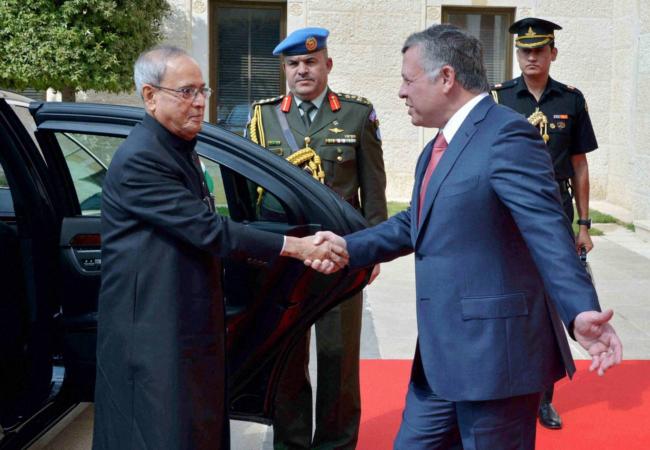An Indo-Jordanian fertilizer plant worth $860 million was inaugurated last Saturday (10 October) by Indian President Pranab Mukherjee and Jordan’s King Abdullah II ibn Al Hussain. The inauguration was organized remotely from the royal palace in Amman as soon as the Indian head of state arrived in the country, which was also the first Indian high-profile visit in the Hashemite kingdom.
The plant, which has been commissioned in less than a year, was executed by Iffco, an Indian fertilizer cooperative and Jordan Phosphates Mines Company. Both these companies formed together a limited liability joint venture to make the project happen. The Indian company holds a 52 percent stake in the venture, while the rest is owned by the Jordanian firm. The plant is expected to produce 4,500 million tons of sulphuric acid and 1,500 million tons of phosphoric acid annually as well as other related products. Moreover, the project should produce around $300 million worth of phosphoric acid to be exported to India, which the Indian firm will convert into di-ammonium phosphate and other phosphate-based derivatives in Kandla in Gujarat.
On a macro level, the project is also hoped to give a boost to mutual India-Jordan relations with a focus on trade. Currently, the annual volume of trade between both countries is estimated at $2 billion, which already accounts for the fact that Jordan is Indian’s major source of phosphate and potash. In Jordan, the fertilizer industry is primarily handled by the Arab Potash Company, which is the eight largest potash producer in the world. The company was established as a pan-Arab business but it has a 100-year concession from the Jordanian government that in turn grants it rights to extract, produce, and market minerals from the Dead Sea.




